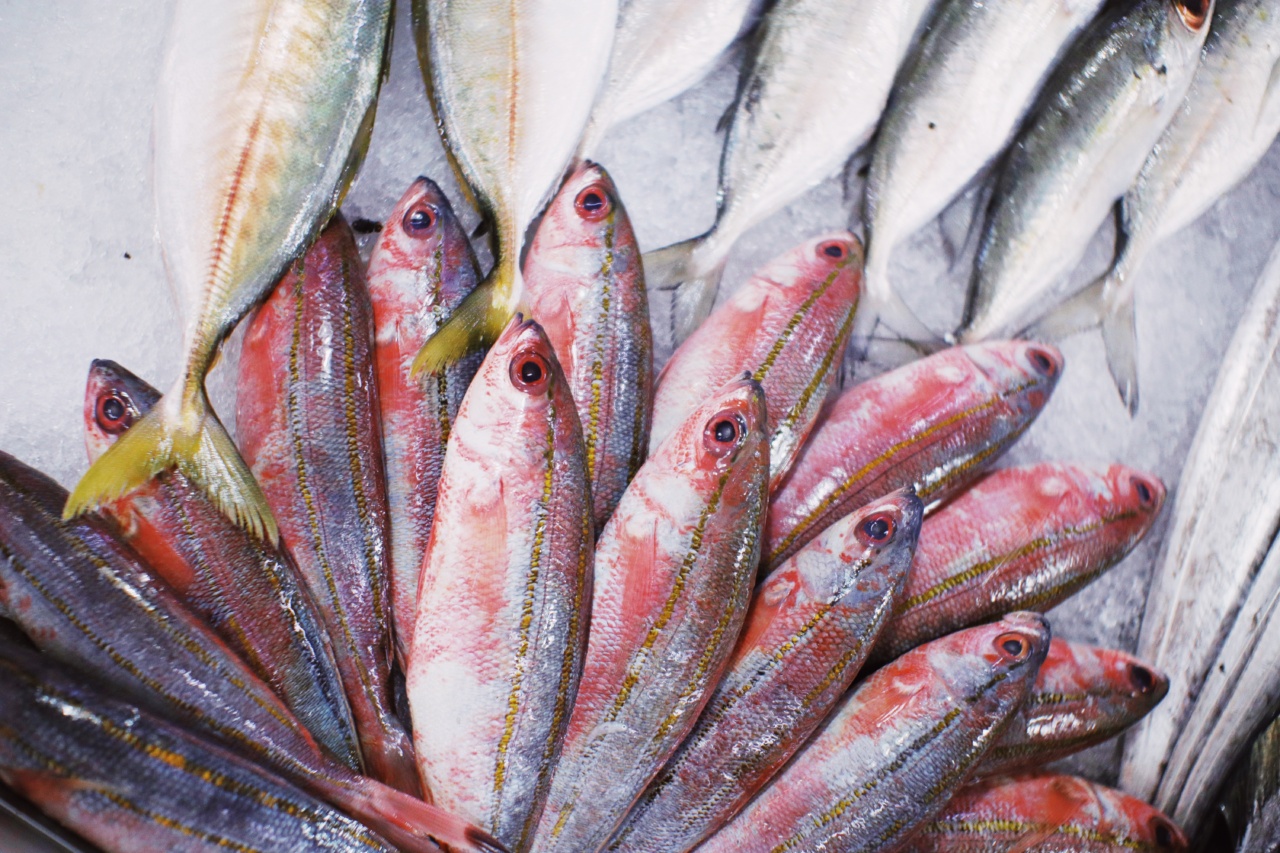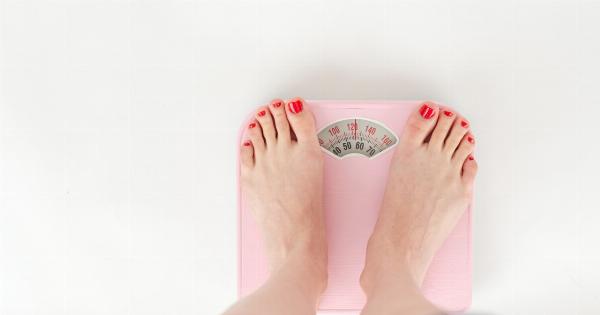High blood pressure, also known as hypertension, is a common health problem that affects millions of people around the world.
It is a condition in which the force of the blood against the walls of the arteries is too high, which can lead to various health problems, including heart disease, stroke, and kidney failure. While there are various medications available to lower high blood pressure, one of the most effective ways to manage hypertension is through diet and lifestyle changes. In this article, we will discuss 10 foods that can help lower high blood pressure.
1. Leafy Greens
Leafy greens such as spinach, kale, collard greens, and beet greens are high in potassium, which helps lower blood pressure by balancing out the negative effects of salt.
Additionally, they are rich in nitric oxide, which helps widen blood vessels and improve blood flow.
2. Berries
Berries such as strawberries, blueberries, and raspberries are rich in flavonoids, which have been shown to lower blood pressure and reduce the risk of heart disease.
They are also low in calories and high in fiber, making them an excellent addition to any healthy diet.
3. Yogurt
Yogurt is rich in calcium and magnesium, two minerals that are essential for healthy blood pressure. Studies have shown that people who consume more calcium and magnesium have lower blood pressure than those who don’t.
Additionally, yogurt is a good source of probiotics, which can help improve digestion and reduce inflammation.
4. Oatmeal
Oatmeal is high in fiber, which has been shown to lower blood pressure and reduce the risk of heart disease. Additionally, oatmeal is a good source of magnesium, potassium, and calcium, which are essential for healthy blood pressure levels.
5. Seeds
Seeds such as chia seeds, flaxseeds, and pumpkin seeds are high in potassium, magnesium, and fiber, all of which can help lower blood pressure.
Additionally, they are rich in antioxidants, which can help reduce inflammation and oxidative stress in the body.
6. Garlic
Garlic is a potent natural remedy for hypertension, with studies showing that it can lower blood pressure by up to 10%. It works by relaxing blood vessels and improving blood flow, reducing the risk of heart disease and stroke.
7. Salmon
Salmon is high in omega-3 fatty acids, which have been shown to lower blood pressure and improve heart health. Additionally, salmon is a good source of protein, which can help keep you feeling full and satisfied throughout the day.
8. Avocado
Avocado is high in potassium, which helps balance out the negative effects of sodium and lower blood pressure.
Additionally, it is a good source of heart-healthy monounsaturated fats, which can help improve cholesterol levels and reduce the risk of heart disease.
9. Tomatoes
Tomatoes are high in lycopene, a powerful antioxidant that has been shown to lower blood pressure and reduce the risk of heart disease. They are also low in calories and high in fiber, making them a great addition to any healthy diet.
10. Dark Chocolate
Dark chocolate is high in flavonoids, which have been shown to lower blood pressure and improve heart health. Additionally, it is rich in antioxidants, which can help reduce inflammation and oxidative stress in the body.
Conclusion
In conclusion, high blood pressure is a common health problem that can lead to various health problems, including heart disease, stroke, and kidney failure.
While there are various medications available to manage hypertension, one of the most effective ways to lower blood pressure is through diet and lifestyle changes. By incorporating these 10 foods into your diet, you can help lower your blood pressure and improve your overall health.






























